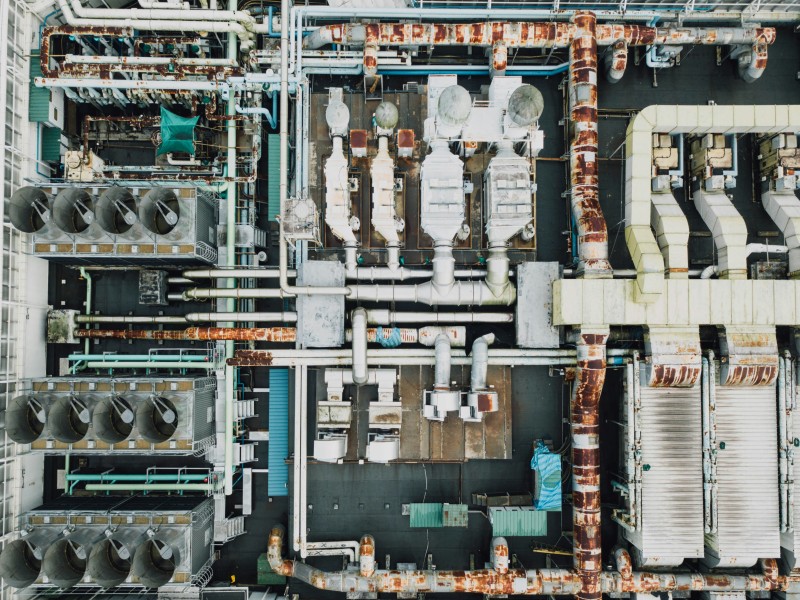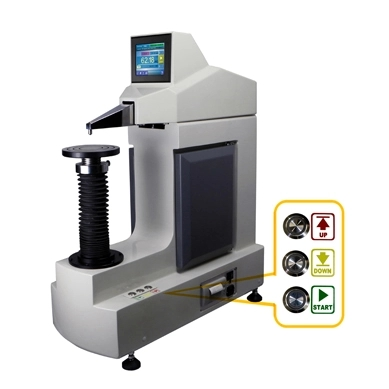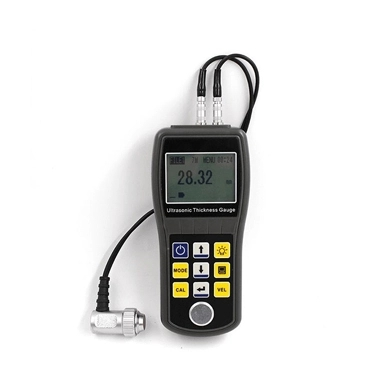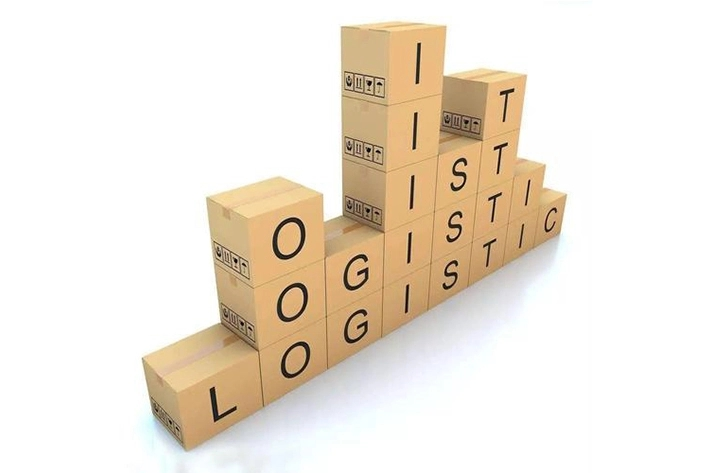A hardness tester is a crucial tool in the petrochemical industry. It is used to measure the hardness of various materials, including metals, plastics, and ceramics. The hardness of a material is a critical property that determines its resistance to deformation, penetration, scratching, and wear. In the petrochemical industry, hardness testers are used to ensure the durability and reliability of various components and materials.
.png)
Hardness Tester for Quality Control
One of the primary uses of a handheld hardness tester in the petrochemical industry is for quality control. The hardness of a material can significantly impact its performance and longevity. For instance, if a material is too soft, it may not withstand the high pressures and temperatures often encountered in petrochemical processes. On the other hand, if a material is too hard, it may be brittle and prone to cracking or breaking. Therefore, hardness testers are used to ensure that materials meet the necessary hardness specifications for their intended use.
Hardness Tester for Material Selection
Another important use of a hardness tester in the petrochemical industry is for material selection. Different materials have different hardness levels, and the hardness of a material can influence its suitability for certain applications. For example, a material with a high hardness level may be ideal for use in high-wear applications, while a material with a lower hardness level may be better suited for applications where flexibility is required. By using a hardness tester, petrochemical companies can make informed decisions about which materials to use in different parts of their operations.

Hardness Tester for Predictive Maintenance
Finally, hardness testers are also used in the petrochemical industry for predictive maintenance. By regularly testing the hardness of various components, companies can identify potential issues before they lead to equipment failure. For example, if a component’s hardness level starts to decrease, it may be a sign that the component is wearing out and needs to be replaced. This can help companies avoid costly downtime and improve the overall efficiency of their operations.

Hardness testers play a vital role in the petrochemical industry. They are used for quality control, material selection, and predictive maintenance, helping companies ensure the reliability and efficiency of their operations. Choose a professional hardness tester company is crucial, for example, Lanetech. Just be free to contact us to quote!

 français
français Español
Español русский
русский العربية
العربية português
português
.png)







